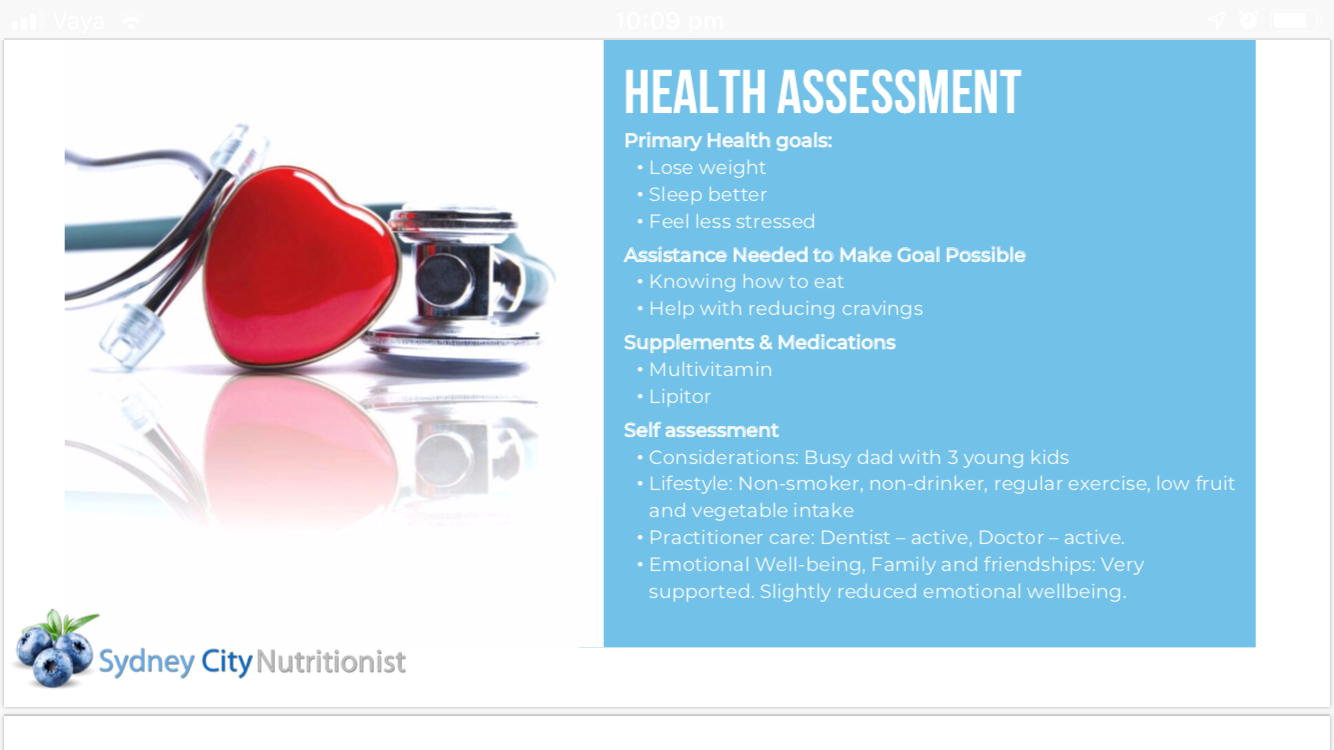How to get a good night's sleep (and why we need it)
- Kelly-Anne Peters
- Jun 12, 2022
- 3 min read

Sleep - we all know we need it, we've all felt the effects of a good night's sleep and most of us too have felt the awful effects of a restless or interrupted night.
Despite this, it seems to have become accepted that poor sleep is just something you have to live with - very few people try to correct it, or even know how to. Yet this is such a vital aspect to improving your health. Very little improvements are felt until you correct this essential function.
So let's first look at why sleep is important. In order to understand this it's essential to discuss what happens during sleep.
Many people assume that sleep is like "Standby Mode" - we just shut down and stop using up energy so that there's energy to get up the next day. However this is not true at all. In fact, sleep is one of our most active times, much more similar to a "System Recovery".
Sleep is where we begin our daily detox, begin repairing damaged tissues and also process the events of the day in order to decipher whether we are under threat and required to store energy (body fat) and conserve energy or are safe enough to grow, repair and expend energy as desired.

What does this mean exactly?
It means that if you go to bed stressed, exhausted, over-stimulated, under-nourished or just too late in the day, your brain will determine you are under threat. The appropriate defenses will be activated.
What this means:
You will sleep less deeply, your body anxious that you may come under attack at any moment - poised and ready to fight.
You will hold on to "fuel" and store energy so that we have these reserves to tap in to as needed. You accumulate more body fat and crave more sugar.
Consume as little energy as possible throughout the day so that reserves stay full - available energy feels low, all systems run slower, we move less, brain function slows metabolism slows and the digestive system may shut down (think constipation). You feel tired, lethargic, unmotivated, sleepy, less hungry yet craving sugar and of course are constipated.
Stress hormones will be on the starting block, ready to activate at a moments notice. This means you are more jumpy, less grounded, less rational and more likely to "over-react" or make poor decisions.
You will fear activities which further reduce energy such as exercise, socialising, learning or creating change.
Inversely, when you go to bed calm, content, well fed (think nutrients not calories here) and with adequate time for quality sleep, your brain will determine that you are safe. This means it is now safe to commence growth, repair, appropriate metabolism and to use as much energy as is desired in order to do so.
What this means:
You will sleep deeply and calmly, your brain will begin scanning your body for damaged tissues which require repair and program your body to be more efficient the following day at any tasks which have been practiced today.
Your body will begin rebuilding and
repairing muscles, organs, skin and eyes as required.
You will expend as much energy as necessary in order to complete all necessary healing/detox/recovery.
You will process the events of your day and determine a rational response. The memories and thoughts will now be processed and stored as part of learning.
How you'll feel:
You will wake feeling refreshed, energised, calm and ready for your day.
You will be capable of learning and processing new information without feeling overwhelmed.
You will be capable of responding rationally and calmly to any events or challenges.
You will have unrestricted access to your energy reserves and will not fear duties which use this energy such as exercise, socialising, adapting or learning new behaviours.
Your metabolism, immune system and digestive system will have all the energy it needs to perform at it's best.
So now you can see why a good night's sleep is so important. Hopefully this has inspired you to prioritise this area. In part 2 of this blog I will discuss techniques for improving sleep plus what I do to assist the "problem" or chronic cases and for children with special needs where standard methods fail.
For now, I'd like you to consider what life would be like for you with a little more sleep. What areas would improve? What would you achieve with a rested, rational mind?
Watch this space for part 2.

Jennifer May Adv.Dip.Nut.Med.ATMS.MINDD





Comments